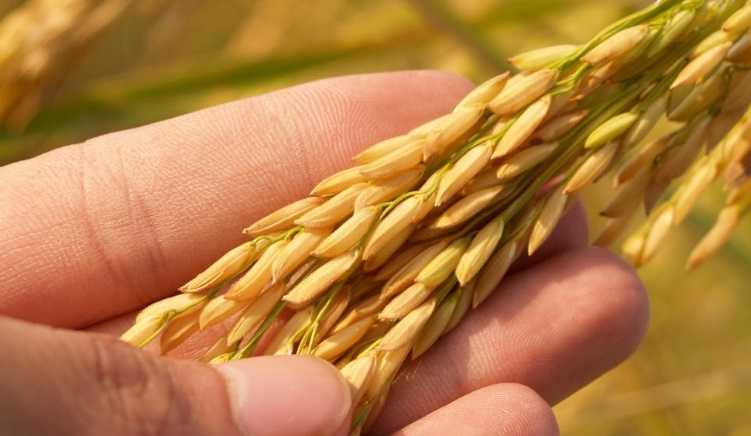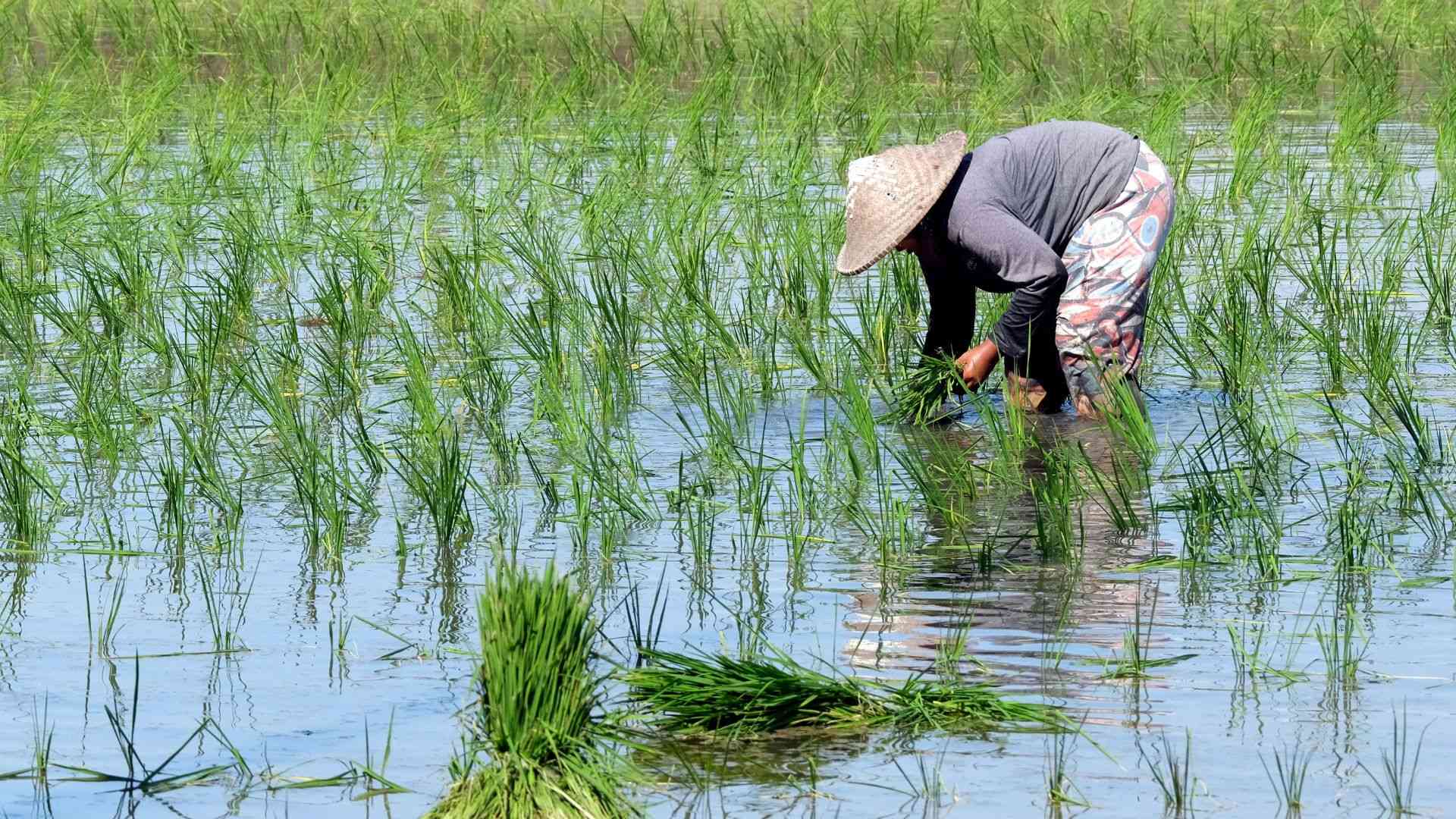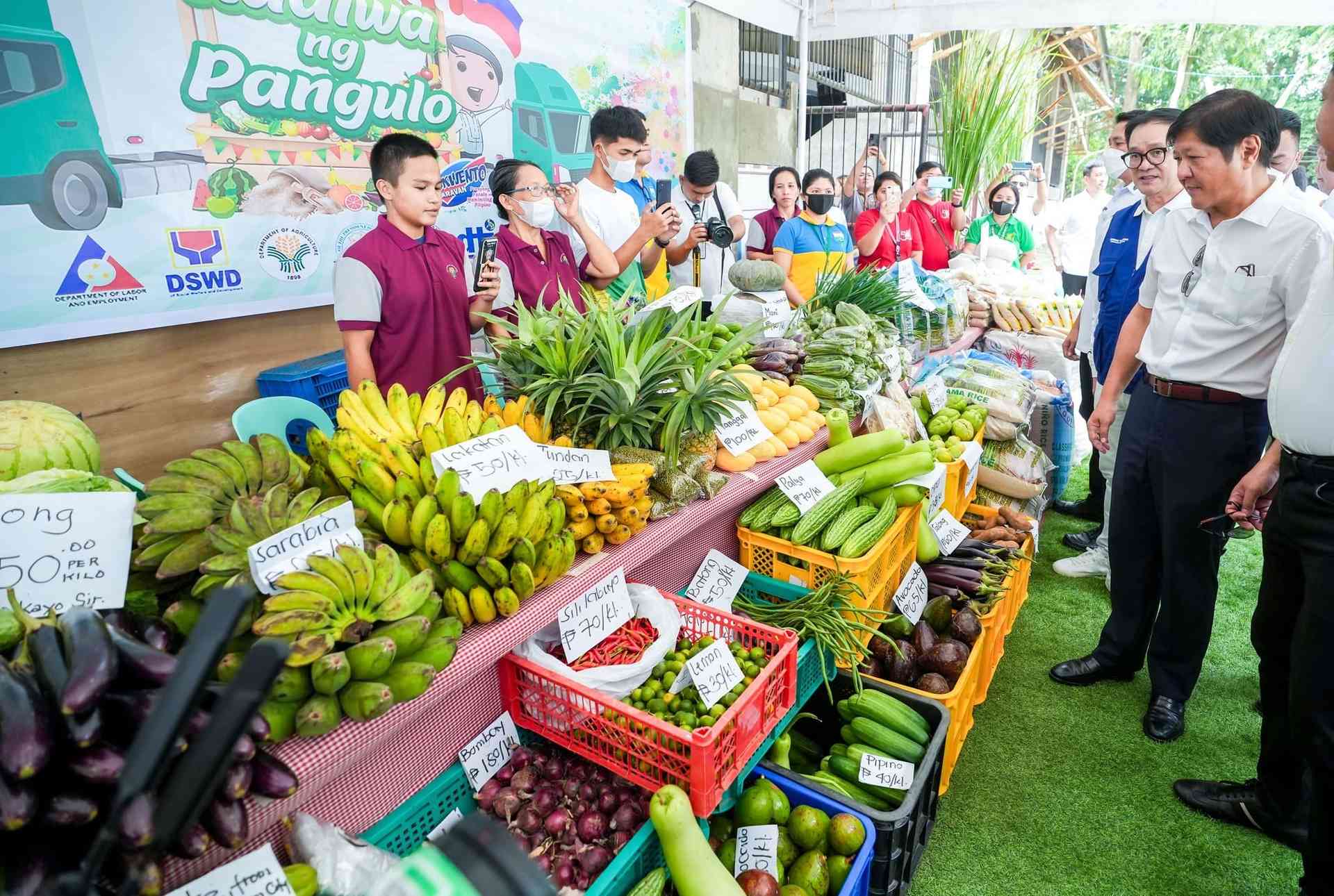

Department of Agriculture (DA) Secretary Francisco Tiu Laurel Jr. backed the extension of the Rice Tariffication Law for another six years but with reservations to achieve optimal benefits for farm productivity and farmers’ competitiveness.
The agri chief suggested amendments for the enacted law that is originally set to lapse next year, such as higher allocation of funds for mechanization and farm projects like post harvest facilities.
He said post harvest facilities could augment rice recovery for every kilo of palay by 15 percent, which he added might reduce wasted rice produce and lower import volumes.
“Less wastage means more income for our rice farmers,” Laurel said in a statement.
The RTL appropriated P10 billion to the Rice Competitiveness Enhancement Fund which earmarked P5 billion for farm mechanization, P3 billion for inbred seeds, P1 billion for rice credit assistance, and P1 billion for rice extension service.
“Only P10 billion goes to the RCEF [...] We should exceed this and invest more in harvest and mechanization,” the DA chief said.
Nueva Ecija Rep. Rosanna Vergara also filed a bill to extend the RCEF by another six years, which Senator Cynthia Villar, chairwoman of the Senate Committee on Agriculture, agreed on.
“Definitely, I think it should be extended. But there should be adjustments so we can adapt to the times,” he said.
Meanwhile, the US Department of Agriculture (USDA) dropped its projection of the country’s rice import to 3.9 million metric tons (MTT) from the initial 4.1 million following the Philippine Statistics Authority’s forecast of higher rice output in the first quarter.
Tiu Laurel noted the USDA projection as “reasonable” considering the ill-effects of El Niño, but he banked on the possible gain if La Nina produced sufficient rain to irrigate rice fields.
Part of his amendments was to undergo an annual review on fund allocation to enhance farm productivity.
“We need to review the funding allocation every year and put it where it is most needed. If we mechanized this year and it's sufficient, we could allot the funds somewhere else,” he said.




